ARTICLE AD BOX
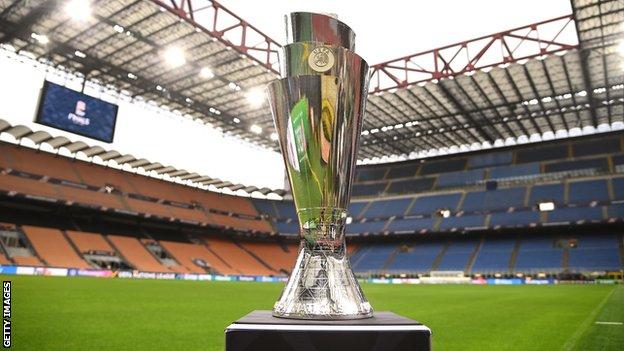 The Nations League trophy is Uefa's second senior men's international competition
The Nations League trophy is Uefa's second senior men's international competitionThe Nations League finals get under way this week with four countries battling to win one of international football's newest tournaments.
Hosts Italy are looking to do a Uefa double this year after winning Euro 2020.
This is the second edition of the Nations League, with Portugal - who did not qualify this time - winning the inaugural title in 2019.
So what's it all about? Let BBC Sport explain.
Who's playing, when and where?
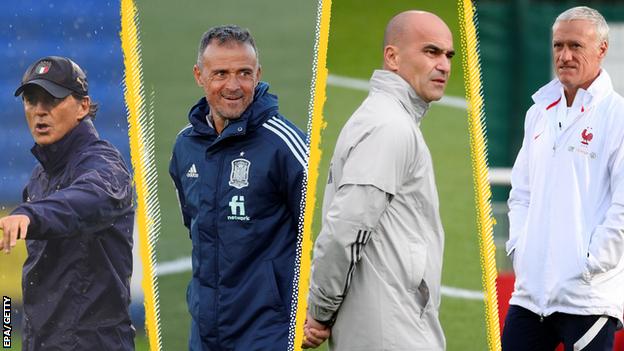 Roberto Mancini, Luis Enrique, Roberto Martinez and Didier Deschamps are the four managers hoping for silverware
Roberto Mancini, Luis Enrique, Roberto Martinez and Didier Deschamps are the four managers hoping for silverwareItaly, who host the four-team, four-game finals, play Spain on Wednesday at the San Siro in Milan in the first semi-final. It is a repeat of the Euro 2020 last-four tie which Italy won on penalties.
The Azzurri are unbeaten in a world-record 37 games, dating back to the last Nations League group stage in 2018.
"Spain were the team we struggled against most during Euro 2020," Italy boss Roberto Mancini said.
"It would be amazing to win [the Nations League] after the European Championship - and it would be amazing to qualify for the World Cup early - but it won't be that easy. Every game is full of difficulties."
Spain boss Luis Enrique said: "It was already an attractive proposition before the Euros took place - to play Italy in Italy in the final four.
"This is a competition that we would love to win. It will be a very interesting match, to see what kind of performance we are capable of producing in front of an Italian-majority crowd and against the reigning European champions."
Belgium and France meet at the Allianz Stadium in Turin the next day. France beat Belgium 1-0 in the 2018 World Cup semi-final.
The final is on Sunday in Milan, with a third-placed play-off in Turin earlier that day (14:00 BST). The other games are at 19:45 BST.
"You cannot compare the Nations League with the European Championship or the World Cup, but it is a prize that four major countries are competing for. If we can win it, that would be a crowning achievement for this group," Belgium midfielder Axel Witsel said.
France boss Didier Deschamps said: "There is this rivalry and it's maybe a bit heightened after the semi-final in Russia."
Belgium, who are ranked number one in the world, have not won an international tournament since the 1920 Olympic Games.
These finals were initially meant to be in June but had to be moved because of Euro 2020 being rescheduled as a result of the Covid-19 pandemic.
Select your best XI of the Nations League.
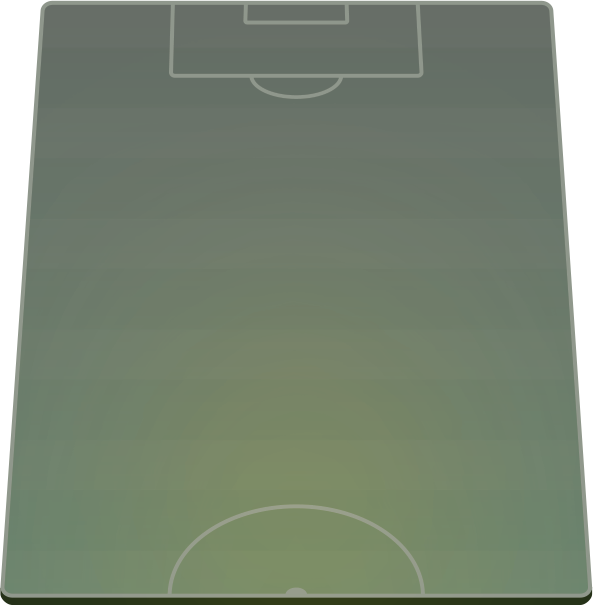
How did these teams qualify?
The 2020-21 Nations League group stages took place in September, October and November last year with the winners of each group in the top division qualifying for these finals.
England reached the 2019 finals, but this time finished third in Group A2 behind Belgium and Denmark.
Italy finished unbeaten in their group, one point above the Netherlands.
France, also unbeaten, finished three points clear of Portugal. Spain were two points above Germany.
None of these sides reached the 2019 finals.
What about World Cup qualifying?
These games do not have any impact on World Cup qualifying.
The four sides involved are in five-team rather than six-team groups and played extra games in the past two international breaks so other teams can now catch up with them.
The two top-ranked Nations League group winners who do not finish in the top two in World Cup qualifying will enter the Qatar 2022 play-offs - but the Nations League finals do not affect that.
What's the point?
The Nations League group stage - which involve all 55 Uefa countries - was brought in to replace international friendlies with more meaningful games, involving promotion and relegation.
The finals are considered a proper tournament, with the winner getting a sterling silver, 7.5kg, 71cm tall trophy.
Oh, and prize money. The winners get 10.5m euros (almost £9m), with 9m euros for second place, 8m euros for third and 7m euros for fourth.
That includes the participation fee and prize money for winning their groups.
Will there be another Nations League?
Yes. The draw for the 2022-23 Nations League group stages will be held on 16 December in Montreux, Switzerland.

- Our coverage of your Premier League club is bigger and better than ever before - follow your team and sign up for notifications in the BBC Sport app to make sure you never miss a moment


 3 years ago
134
3 years ago
134
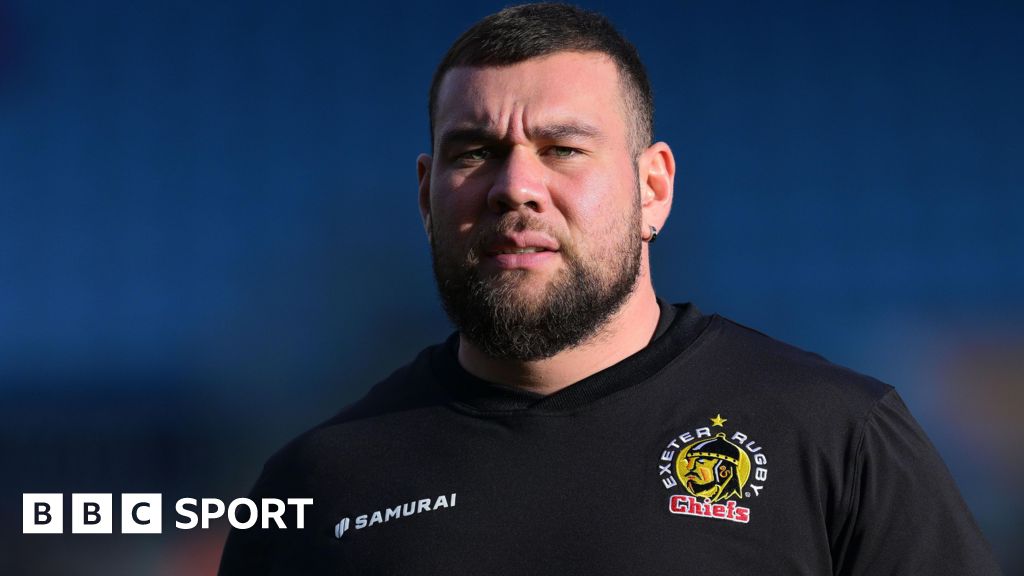
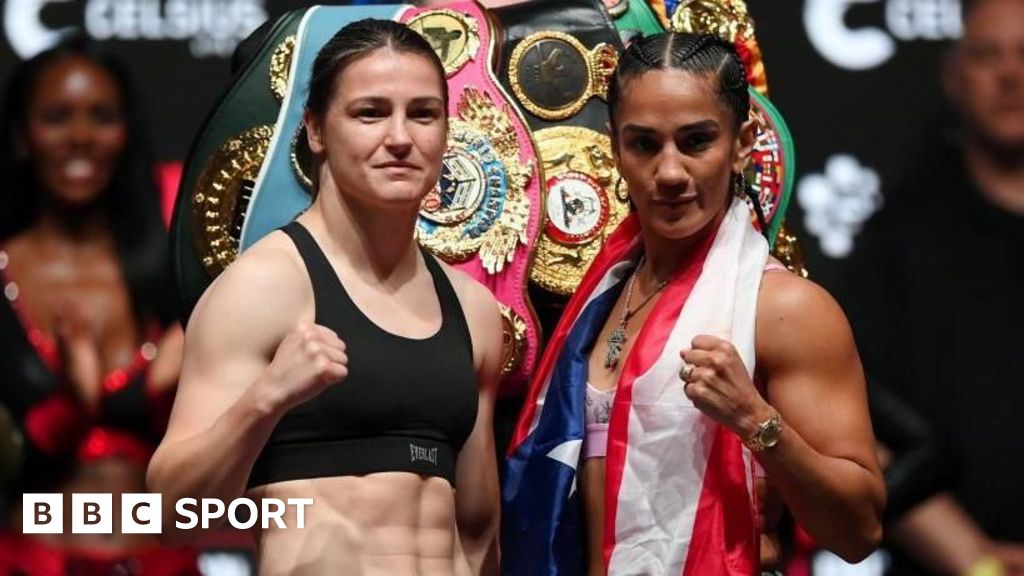
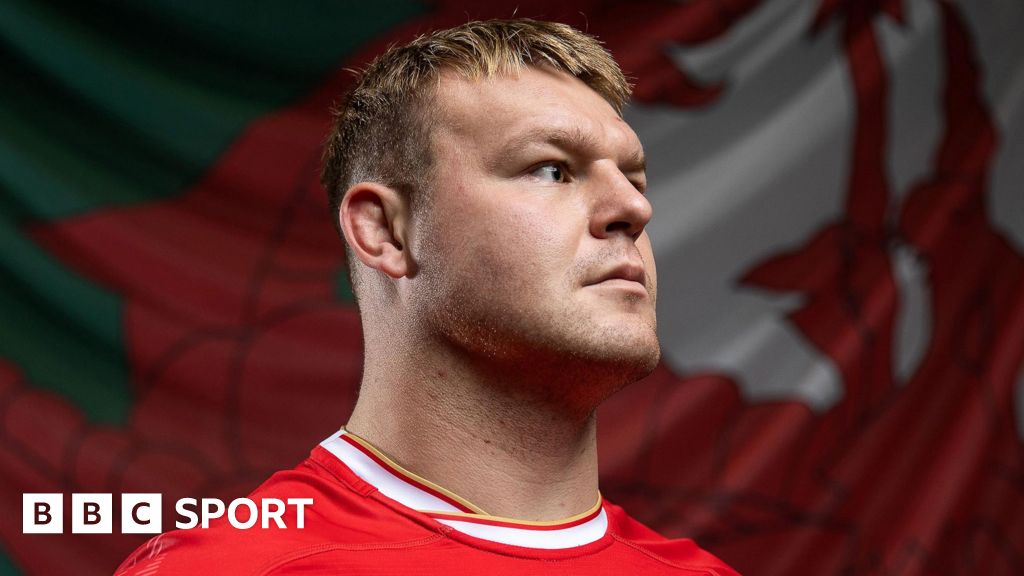





 English (US)
English (US)